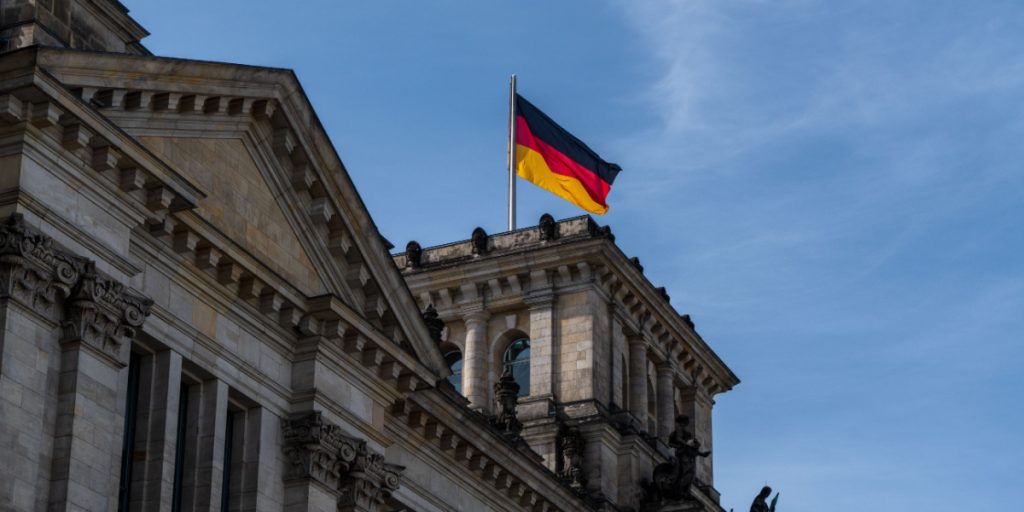A scandal erupted in Germany due to the call of 30 deputies for an end to military support for Ukraine.
Others are reading now
Germany finds itself at the center of a political controversy following an open letter from 32 local deputies of the Uckermark district in Brandenburg.
Published on the district administration’s official website, the letter appeals to Chancellor Olaf Scholz and Bundestag President Berbel Bas to “take responsibility for a peaceful settlement instead of further supplying arms” to Ukraine.
The letter, which subtly condemns Russia’s aggression while largely omitting any direct reference to Putin or the atrocities in Bucha and Mariupol, has sparked a significant backlash.
Broad Coalition with Controversial Allies
According to Spiegel, the letter’s signatories represent a wide array of Germany’s political factions, from mainstream parties like the CDU, SPD, and “Free Democrats” to “Lefts”, as well as right-wing parties like “AdN” and the radical Die Heimat, previously known as the National Democratic Party.
Also read
Only one party, the “Greens,” did not sign the letter.
The inclusion of such a diverse group has raised questions, especially given Die Heimat’s recent classification as right-wing extremist by the Federal Constitutional Court.
Party Leaders Respond
The collaboration has led to internal conflict and public distancing by several party representatives.
Sebastian Walter, leader of the Left’s faction in Brandenburg, admitted, “At the time of approval of his signature, he did not know that ‘AdN’ and ‘Dim’ were also planning to join.”
CDU faction leader Ian Redmann clarified, “There were no restrictions on who would join the letter.”
The SPD has attempted to dissociate itself from the contentious letter.
Faction leader in the regional parliament, Daniel Keller, noted that “Party representatives should not sign the same letter as AdN,” and emphasized that a unilateral statement failing to name the aggressor and acknowledge Ukraine’s right to defend itself could not be supported.


